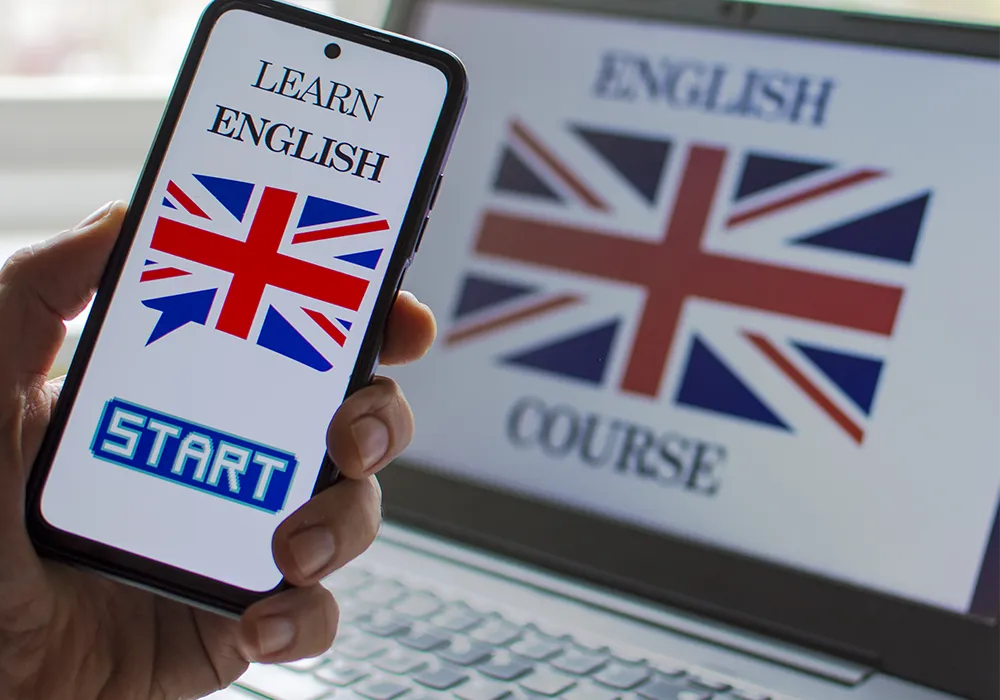Discover How Fluency in English Can Improve Your Travels, From Preparation to Interacting with Locals
Find out how mastering English can transform your international trips, facilitating communication, navigation and cultural immersion. Explore strategies for using English effectively on your next adventures.
The Impact of English on Your Travel Experience
English plays a fundamental role in the travel experience, especially in international destinations. As a global lingua franca, English is widely used for communication in airports, hotels, restaurants and other tourism services. For travelers, mastering English can transform a trip, making it easier and more enjoyable.
When traveling, the ability to communicate in English can help avoid misunderstandings and make it easier to interact with people from different cultural backgrounds. This is especially important in situations where clear communication is required, such as when requesting information, making reservations or dealing with emergencies. Fluency in English allows travelers to understand signs, instructions and menus, and ask relevant questions without difficulty.
Additionally, many travel resources such as tour guides, navigation apps and booking platforms are predominantly available in English. The ability to use these features with confidence can optimize the travel experience by providing access to detailed information and varied options. Communication in English also allows travelers to better take advantage of opportunities to interact with locals, learning about the destination's culture and way of life.
Em resumo, o domínio do inglês pode aumentar a conveniência e o conforto durante a viagem, permitindo uma experiência mais rica e menos estressante.
Basic English Communication for Travel
Even a basic knowledge of English can be extremely useful when traveling. Knowing some essential phrases and vocabulary can help resolve common situations and ensure effective communication. Below are some key areas where basic communication in English can make a big difference:
- Questions and Directions: Knowing how to ask for directions and basic information is essential. Phrases like “Where is the nearest hotel?” (Where is the nearest hotel?) or “How do I get to the airport?” (How do I get to the airport?) are useful for navigation and finding services.
- Orders in Restaurants and Stores: Knowing the vocabulary for ordering in restaurants and stores can improve the dining and shopping experience. Phrases like “Can I see the menu, please?” (Can I see the menu, please?) and “How much does this cost?” (How much does this cost?) are quite useful.
- Help Requests: Knowing how to ask for help in emergency situations is crucial. Phrases like “I need help” or “I have a problem” can be essential in critical moments.
- Reservations and Check-ins: When arriving at a hotel or renting a car, effective communication is necessary to confirm reservations and check-ins. Phrases like “I have a reservation under the name…” and “What time is check-out?” (What time is check-out?) are important.
Investing some time in learning these basic phrases and practicing their pronunciation can make communication easier and reduce the stress associated with everyday situations while traveling.
Navigating and Using Travel Apps
English is the predominant language in many travel apps and navigation tools, making it a valuable skill to make the most of these technologies. Translation apps, maps, and booking platforms are often in English, and familiarity with the language can improve efficiency and user experience.
- Translation Apps: Using translation apps like Google Translate can be very helpful in overcoming language barriers. Having the ability to quickly translate text and phrases can help you understand menus, signs, and instructions in different contexts.
- Maps and Navigation: Navigation apps such as Google Maps and Waze are often in English and provide detailed directions and traffic information. Understanding the instructions and technical terms used in these apps can help you get around more efficiently and avoid getting lost.
- Booking Platforms: Websites and apps for booking flights, hotels and tours are often offered in English. The ability to read and understand reservation details, policies and descriptions can prevent problems and ensure reservations are made correctly.
- Planning Tools: Many travel planning resources, such as blogs and online guides, are available in English. Using these tools can provide valuable insights into destinations, attractions, and travel tips.
Fluency in English allows travelers to use these tools more effectively, maximizing the value of available technologies and making travel more convenient.
Interaction with Places and Cultural Immersion
Interacting with locals and immersing yourself in the destination's culture is an important part of the travel experience. English, being a widely spoken language, can facilitate these interactions and enrich the traveler's cultural experience.
- Communication with Locals: Many locals in tourist destinations speak English, especially in areas frequented by tourists. The ability to talk to locals can give you deeper insight into the daily life, traditions and customs of the place.
- Participation in Local Activities: Many activities and tours are conducted in English. Having the ability to understand guides and instructors can improve participation in tours, workshops and cultural events.
- Gastronomic Experience: Interacting with chefs and restaurant staff can provide opportunities to learn about local cuisine and try authentic dishes. Knowing English can make it easier to understand recommendations and explanations about food.
- Networking and New Friendships: Knowing the language can make it easier to establish new friendships with other travelers and locals. Communicating in English can help build connections and make friendships that enrich the travel experience.
Mastering English can expand the possibilities for interaction and cultural learning, making the trip more engaging and memorable.
Preparation for International Travel
Preparing for international travel involves more than just making reservations and organizing itineraries. Having a solid knowledge of English can be an essential component of preparation, helping to ensure a smooth and successful trip.
- Research and Planning: When planning your trip, most of the information available about destinations, accommodations and activities is in English. Knowing the language allows you to research and better understand the details of your destination.
- Documentation and Formalities: Communication in English may be necessary to complete immigration forms, obtain visas and deal with other travel formalities. The ability to understand and follow instructions in English can speed up these processes.
- Emergency Preparedness: Having a basic knowledge of English can help you deal with unforeseen situations, such as flight changes, reservation issues or medical emergencies. Knowing how to communicate effectively can reduce stress and make problem-solving easier.
- Guidelines and Recommendations: Many travel guides and safety and health advice are available in English. Being familiar with the language can help you obtain the information you need for a safe and enjoyable trip.
Preparing adequately and having a good command of English can contribute to a smoother and more enriching travel experience, allowing you to make the most of every aspect of your journey.




